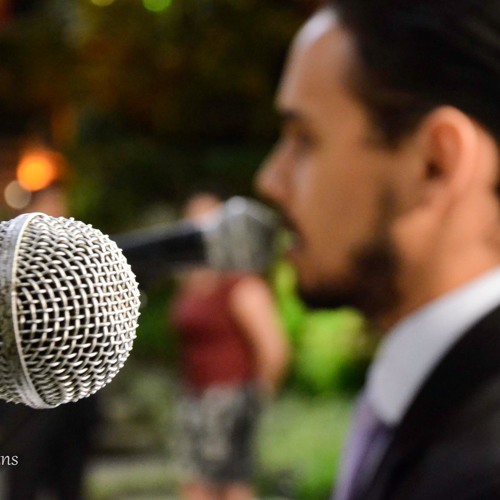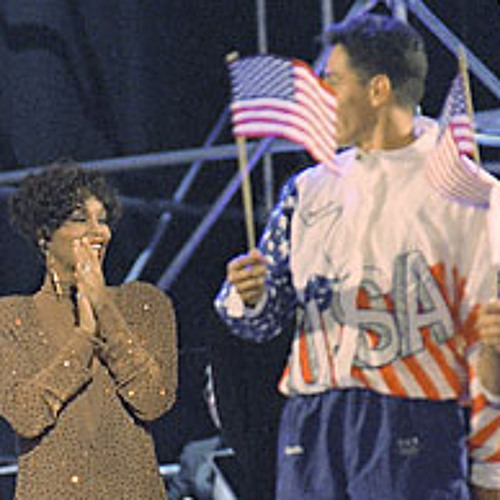

"One Moment in Time" is exemplary of the power of the key change. "In 'One Moment Time,' we wanted the athletes who trained to be like: 'I'm going to do more than I thought I could do, I'm going to give more than I thought I could give.' My dear friend Carl Lewis was part of the Olympics that year, so I wanted to make sure he was inspired to do his best." Key change "One Moment in Time" won a Sports Emmy in 1988 Narada Michael Walden Music is the only thing on this planet that is high enough to take even the great champions to a higher place." "Even the champions, the great ones, need to be inspired. "It needs to inspire the athletes and the viewers at home, but primarily the athletes," says Walden. Like "One Moment in Time," and even Katy Perry's stirring "Rise," the lyrical content of any Olympics anthem should be motivational and encouraging.

So what are the elements that make an Olympics anthem so memorable? Newsweek asked Walden to identify the most essential ingredients.
Whitney houston singing one moment in time how to#
"Yes, she has power, but she has rhythmic sensibility… Whitney had that understanding of how to make a song live forever naturally in her DNA.

"Whitney's interpretation makes it live forever," says Walden. She could sing everything so beautifully in tune, you would just get lost in her."Īlong with "I Will Always Love You," and later hits like "It's Not Right But It's Okay," "One Moment in Time" is key to Houston's musical legacy following her death in February 2012. "She has that extra gear that only a few have, where you go beyond yourself… it was like being around an electrical current. That gave us the Olympic chill, that we were going to inspire the athletes," says Walden. "On the very end of the song you can hear the peak of her range, holding that high-note forever. The session took place at The Beatles producer George Martin's Air Studios. Houston's vocal, meanwhile, was recorded in May 1988 in the midst of an eight-night residency at London's Wembley Arena. Speaking to Newsweek, Walden recalls arranging and producing the track at his Tarpan Studios, taking inspiration from the high-pocket trumpets used in The Beatles' 1967 song "Penny Lane." He says, "I pulled forth little things I thought would push people and wake them up." That Emmy still sits, some 28 years later, on a shelf in the San Rafael, California, recording studio of the song's producer, Narada Michael Walden. singles chart and won a Sports Emmy in 1988 for best use of music. "One Moment in Time" gave Houston her third No.1 hit on the U.K. The ballad, written by Albert Hammond and John Bettis, conjured imagery of the competitive drive of the Games and the athletes' desire to overcome obstacles with lyrics such as: "You're a winner for a lifetime, if you seize that one moment in time." Houston's rich, textured four-octave vocal range-her mentor, record producer Clive Davis, dubbed her the "greatest singer of her generation"-took Hammond and Bettis' words and helped elevate the track beyond just U.S. 1988 was one of those rare moments when the stars aligned and produced, arguably, the most memorable Olympics anthem to date: Whitney Houston's "One Moment in Time," used by NBC in its coverage for the Seoul Olympics. It takes a special kind of song, a special kind of artist, and even a little bit of luck, to be able to step out of the shadow of the Olympic torch. Many artists from around the world have lent their vocals to Olympics songs over the years-the latest is Katy Perry with "Rise"-but capturing the emotion and spirit of the world's most prestigious sporting event within a four-minute track is easier said than done. How many people, for example, still remember Muse's official anthem for the London 2012 Games? (It was called "Survival" and they performed it at the closing ceremony.) Few Olympic songs permeate the cultural barrier beyond their brief moment in the spotlight.


 0 kommentar(er)
0 kommentar(er)
